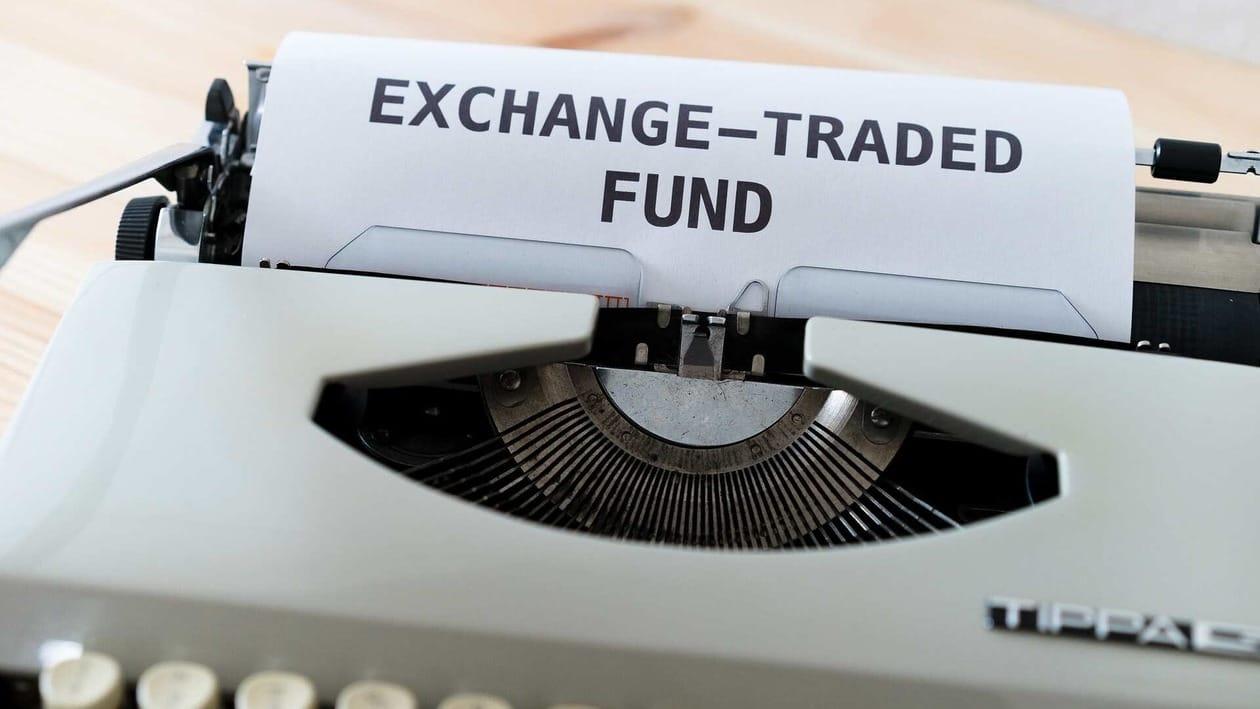ETFs, or Exchange Traded Funds, are mutual funds that may be traded like stocks on a stock exchange. It's a collection of securities that generally tracks an index. ETFs are often funds that are handled in a passive manner. When compared to actively managed mutual funds, they are great diversification vehicles and cost-effective.
ETFs have evolved from their early days as equity-index trackers to include a wide range of investing options, but they aren't all created equal. In reality, the extraordinary expansion of ETFs raises the possibility of some of them being liquidated, owing to a lack of investor interest.
Hence, certain factors are to be kept in the mind while choosing a suitable ETF for you.
Factors to be considered while choosing an ETF
Size of an ETF
While there are no regulations, ETFs with a big fund size show investor interest and, as a result, suggest better liquidity and cheaper costs. As a result, experts typically advise against investing in ETFs with a modest fund size.
Age of an ETF
For over two decades, exchange-traded funds have been around. Every year, fund companies introduce new ETFs to meet the changing demands of investors. When it comes to new funds, however, there isn't much historical data to evaluate and appraise their performance. As a result, if at all feasible, it is advised to search for funds that are at least a couple of years old. However, it can be observed that previous success does not guarantee future results.
Trading volumes
The fact that you may trade ETF units on a stock market is the major difference between an ETF and a mutual fund. However, the ETF in discussion must be in high demand for this to happen. As a result, before you buy, it is beneficial to check the ETF's trading volumes. Before taking the leap, try to spot any deteriorating trends and figure out what's causing them.
Tracking error
If you invest in an ETF that tracks a certain index, the fund management will aim to acquire assets in such a way that the fund's returns are comparable to those of the underlying index.
However, because the fund management does not buy all of the assets that make up the index, there is a chance that the ETFs and Indexes returns will differ. This is known as Tracking error.
A smaller tracking error indicates that the ETF's returns are more similar to those of the index. As a result, it is advised to choose ETFs with less tracking error.
Costs
Investing is all about maximising profits while minimising risk. Looking for instruments with low transaction costs is one of the greatest methods to ensure optimum profits.
Mutual funds impose an expense ratio to cover the fund's administration costs. The cost ratio of an ETF is lower than that of an actively managed fund since it is passively managed.
However, the expense ratios of two identical ETFs might change depending on the fund house. As a result, if you're comparing two ETFs of similar quality, you may consider the lowest expense ratio because purchasing and selling units on a stock exchange incurs fees as well.
Summing up
Remember that putting together a successful investing portfolio involves paying attention to a variety of elements. As a result, before you pick an ETF to invest in, you can make sure you're in sync with your existing investments and that the ETF can assist increase the portfolio's total results.
Exchange Traded Fund is considered to be a strong investing instrument which can be used efficiently to meet your financial objectives.
